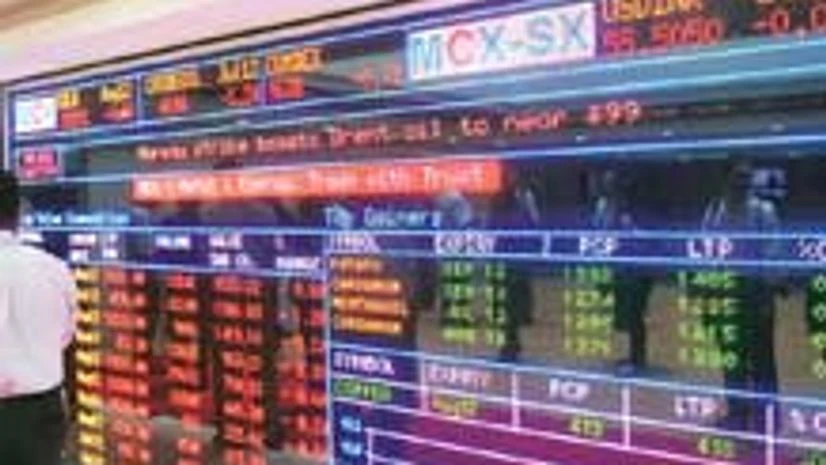The merger of commodity regulator Forward Markets Commission and the Sebi is likely to raise the trading costs for commodity market investors.
This is because brokers will have to pay registration fees, which will be passed on to clients.
According to regulatory agencies, at current volumes, the registration feeds will come up to Rs 65-70 crore.
Jayant Manglik, president, Religare Securities said, “The commodity transaction tax has been working against the industry and hence we don’t expect excessive charges being imposed on brokers post the merger of FMC with Sebi. Registration fees would have come even if FCRA has been amended to empower FMC.”
There are two types of brokers active on the commodity markets. Some trade both in the capital markets as well as commexes. These brokers can just merge their businesses to avoid registration fees. Brokers, who only operate in the commodity markets will have to pay charges to get registered.
The merger of FMC with the Sebi was proposed in the budget and related legal provisions were introduced in the finance bill, which is expected to be approved by middle of May.
More From This Section
Chairman of the FMC, Ramesh Abhishek says, “We have been taking several measures to align with the practices in securities market for the last 2-3 years which will help in smooth transition.”
The merger impact will also be felt on exchanges and their shareholders. While FMC appoints its nominees on the board of commodity exchanges, Sebi doesn't do so. Hence, commexes may be spared from having nominees of the regulator. Also FMC allows exchanges to modify contracts with some conditions but Sebi doesn't. Sebi, however, is likely to retain FMC's two-year time period to shareholders to pare their holdings to permissible levels.
Sebi will also have to learn to deal with physical deliveries, especially in case of agri-commodities and regulate all intermediaries like assayers, warehouses.
However, the biggest benefit for commodity trading post the merger will be Sebi’s real time integrated surveillance system.
“New products like options and index trading and new participants like banks and mutual funds will provide depth and width to the market which will grow many fold post merger,” said Manglik.

)
